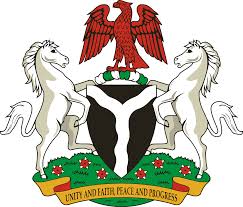He said: Nigeria is also faced nowadays with the problem of medicalization of FGM in which disinfectants and sterile cutting instruments are utilized to reduce the rate of infection or death. The medicalization of this process involves medical health professionals in the practice of female genital mutilation. The World Health Organisation (WHO) has unequivocally advised against the institutionalization and performance of FGM by health professionals in any setting. The federal ministry of health is addressing this issue in collaboration with the Society of Gynecology and Obstetrics of Nigeria to combat the medicalization of FGM by health practitioners in the country.”
He maintained that the national demographic health survey (NDHS) data had indicated that the trend of the practice in the South-West, South-East and South-South zones was higher than any part of the country.
He said: Osun reported the highest FGM prevalence rate of 77 per cent in 2013 with Ebonyi 74 per cent and 72 per cent in Ekiti. Speaking on some of the reasons for the practice, he stated that in some communities women who did not go through the process were circumcised after death. And in such cultures, mourning is prohibited until such rituals are completed, he added.
The minister described FGM as a serious human right violation of the female population of Nigeria that could have grave consequences adding that practice exposes to infections and potential adverse mental health effects. He said that punishment for offenders had been outlined in the Violence Against Persons Prohibition Act, 2015, making FGM now punishable by law. He noted that the ministry had reviewed the 2002 national FGM policy and developed a costed plan of action which would last from 2010 to 2017 for the elimination of the practice in Nigeria. According to him, the plan would address the problem of sectorial collaborations between the ministries of women affairs, education, community and religious leaders and the media.
Source:Dialysis World Nigeria

 The federal government (FG) has warned medical practitioners against the institutionalization of female genital mutilation (FGM/C) in Nigeria. The minister of state for health,
The federal government (FG) has warned medical practitioners against the institutionalization of female genital mutilation (FGM/C) in Nigeria. The minister of state for health,




